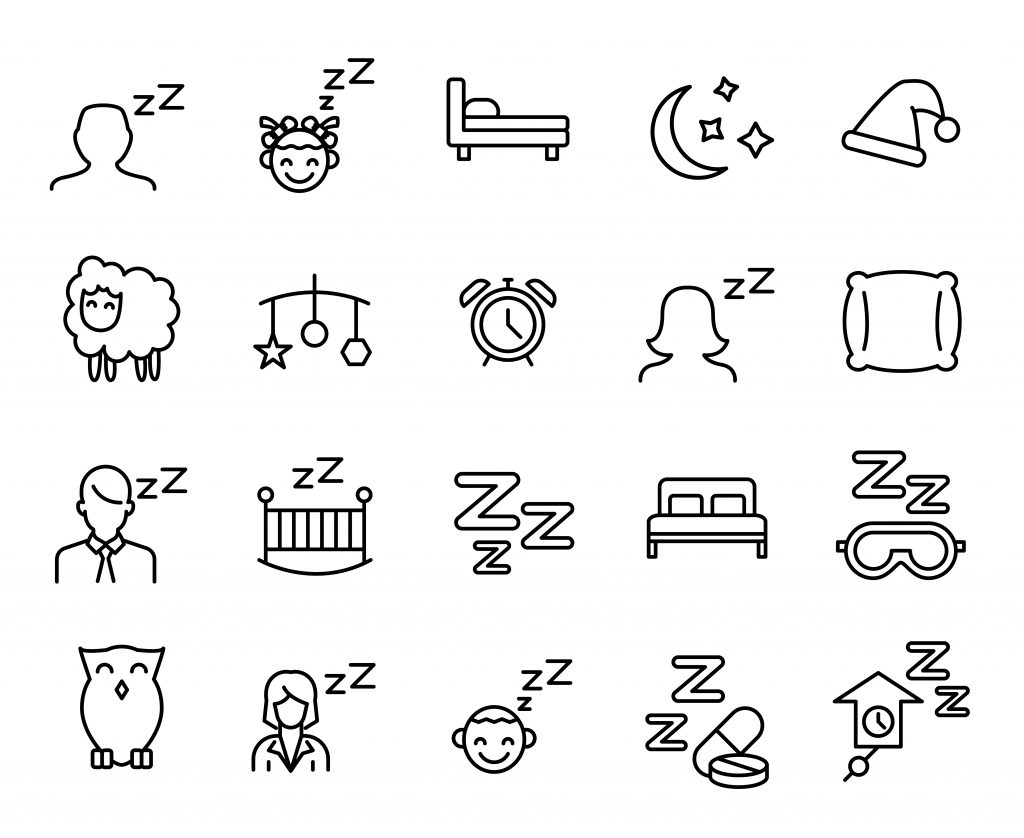Sleep Away the Pain
At the 2018 American Academy of Pain Medicine Annual Meeting, a panel discussed how the use of cognitive behavioral therapy for insomnia and chronic pain. The speakers included:
- R. Robert Auger, MD – Mayo Clinic
- Fiona Barwick, PhD – Psychiatric and Behavioral Sciences
- Heather Poupore-King, PhD – Stanford Hospitals and Clinics
Most treatment for chronic pain focuses on finding the source of the pain and addressing it. However, the psychology of pain is an extremely important aspect of pain management which is often overlooked. Impairment with sleep is a common element with chronic pain as up to 88% of patients with chronic pain have issues with sleep. This is also an element of chronic pain that is under-treated.
If you have chronic pain, it disrupts your sleep, and if you are sleep disrupted, it makes it more difficult to disengage from your pain. This is a challenging cycle to overcome. Studies show that disruption in sleep has a very significant impact on pain and worsens the prognosis for chronic pain.
Cognitive behavioral therapy (CBT) has been shown to be an effective treatment for both pain and sleep issues. It is based on the theory that what we think impacts what we do and how we feel. Thus, if we can convince the patient to “think” they can live a more satisfying life then they can. CBT is a short term treatment that is designed to teach the patient self-care methods they can use into the future on their own. The impact of CBT is cumulative and the more you use it the better impact it has. CBT has been shown in evidence based studies to be as effective in treating insomnia as pharmacological therapy.
The bio psycho social model and it’s impact on pain has been widely discussed. As a healthcare community, there is an opportunity to change the landscape of this. People come to the doctor expecting a fix, but often times the fix lies within the patient themselves and pain management practitioners need to help the patients understand that. CBT is a great example of the opportunity to teach the patients self care techniques that can be life changing.


